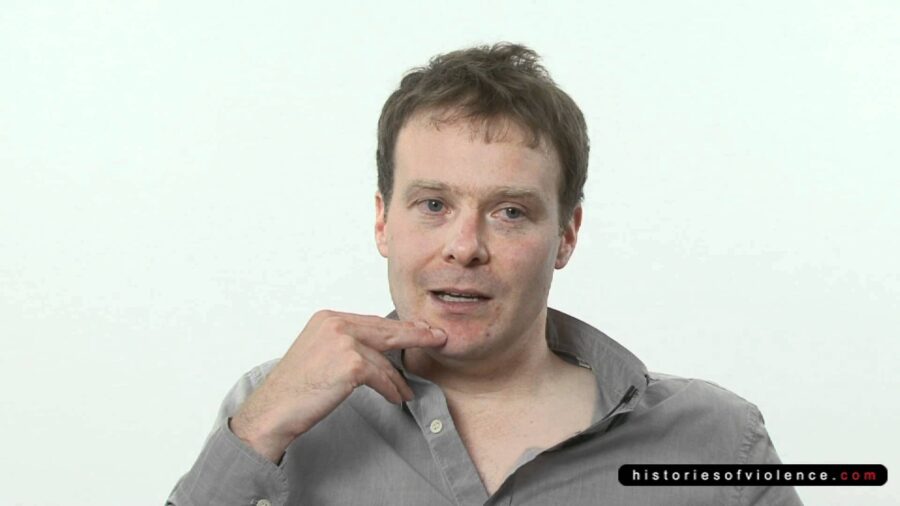It seems to me that every political order has its kind of official crap art, you know. The official crap art of the Soviet regimes was socialist realism. And the official crap art of neoliberal regimes, or orders, is sentimental humanism.
Archive
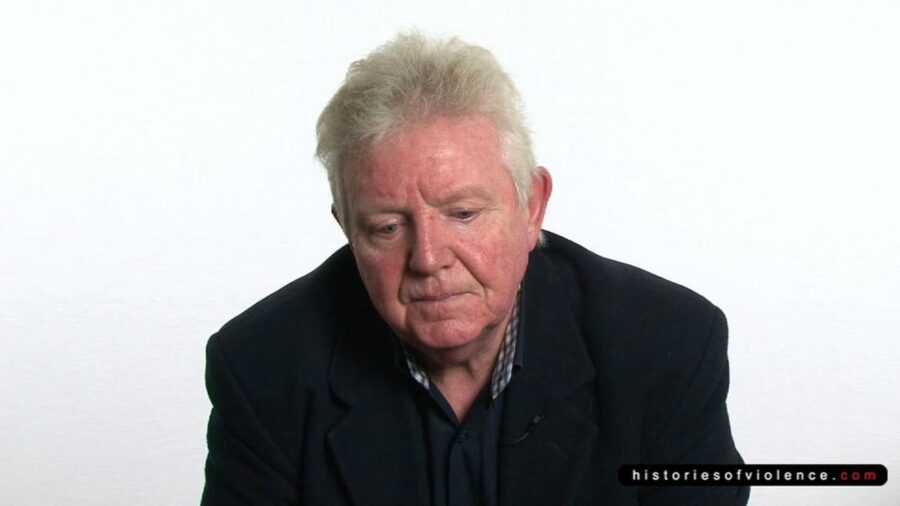
Ten years of the War on Terror I think has to be located also in the context of more than ten years of liberal welfare since 1989, and the dissolution of the Soviet Union, and the end of the Cold War structures.
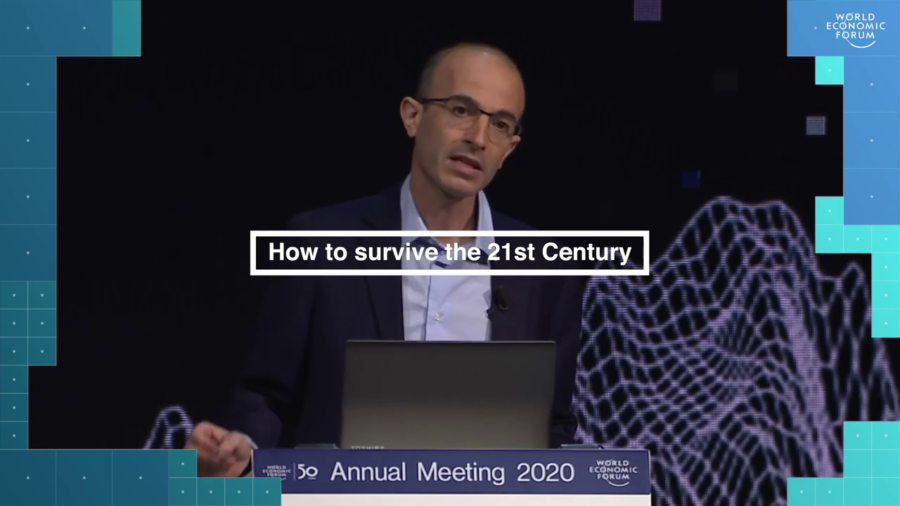
Of all the different issues we face, three problems pose existential challenges to our species. These three existential challenges are nuclear war, ecological collapse, and technological disruption. We should focus on them.
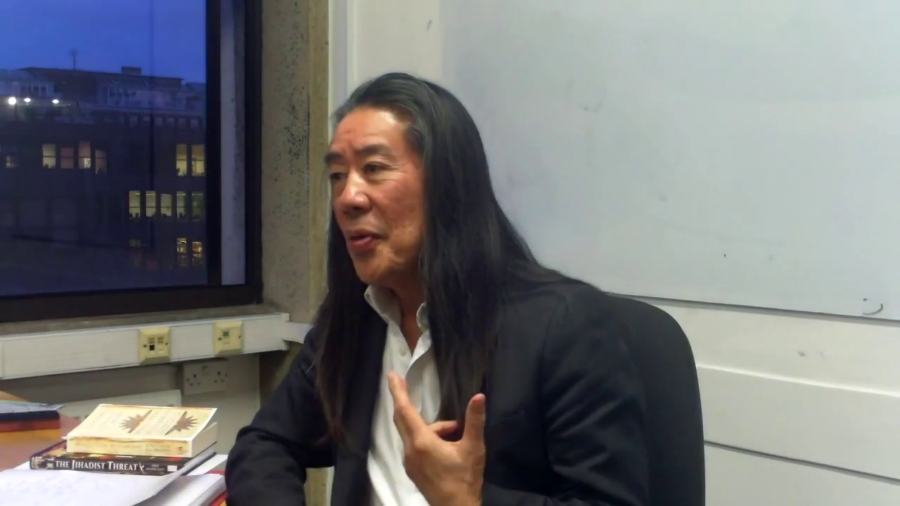
We’ve talked about just war, and we’ve used just war theory as a template for discussing just rebellion. And we’ve talked about the justice that enables a rebellion to take place. And we’ve also talked about what is just conduct within that rebellion, in both cases borrowing from just war theory. What happens, however, if rebellion uses war as one of its instruments to achieve its aims?
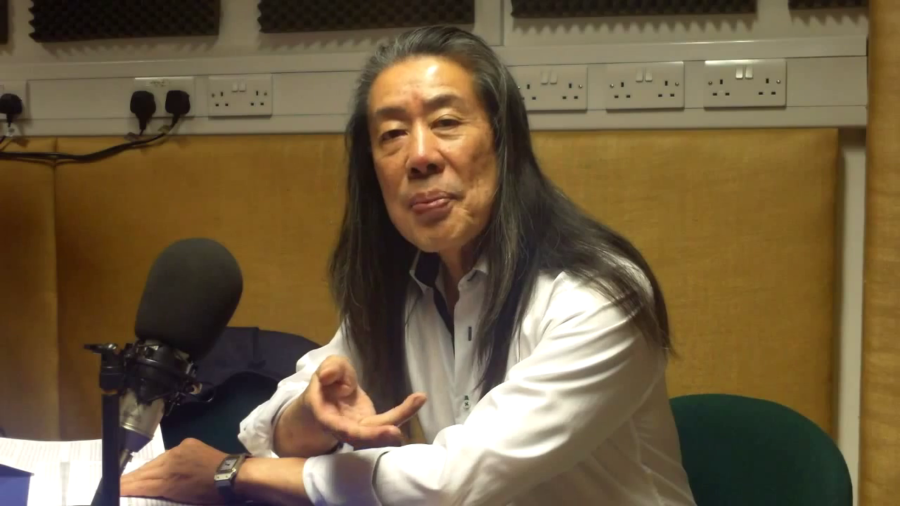
In 1840, when the first official British presence touched down in New Zealand, it was led by a very idealistic young naval captain, Captain Hobson. And he gathered together representatives of most of the tribes in New Zealand. And at the Treaty of Waitangi he agreed that there should be certain rights that would be inherent within the Māori nation if they pledged allegiance to Queen Victoria.
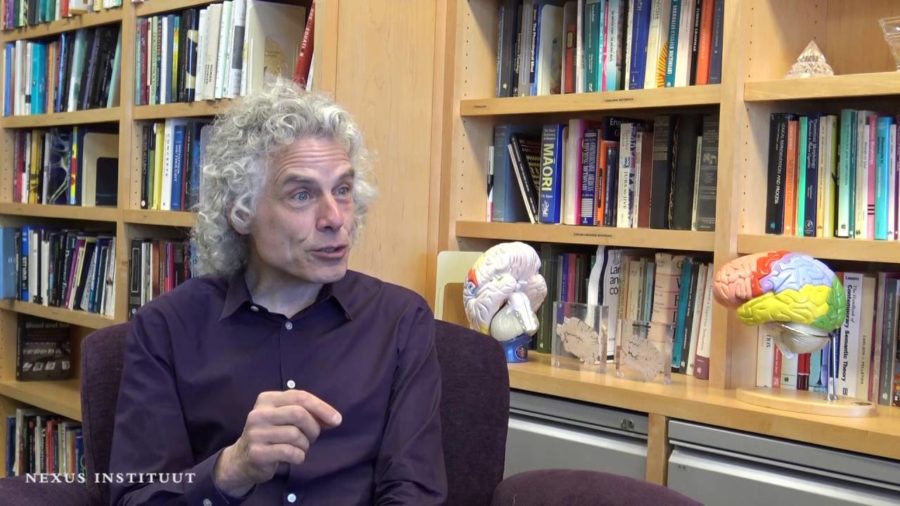
There are many changes to our institutions and our norms and our ideas that can reduce or eliminate the risks of nuclear war without what I consider a rather quixotic attempt to change the course of human evolution.
There are biologists who’ve spent their careers working on some species of beetle in the tropical rainforest, and they just love the rainforest in their bones And they feel that when they go testify in Congress to some committee, that they can’t just say, “I love it in my bones and you guys will love it too, if you share it with me.” They have to say, “Oh, we’ve done all this math and computed that there’s an ecosystem service here.” And I think that that has really impoverished our debate about environmental issues.
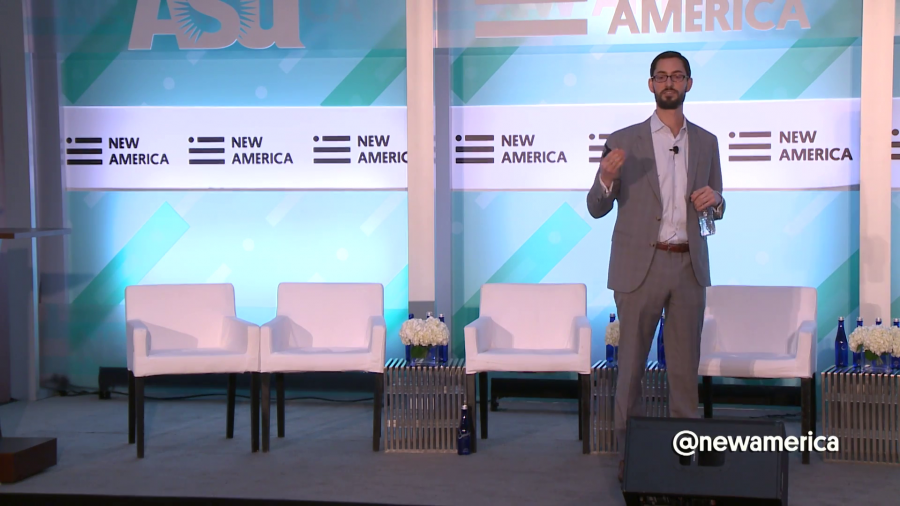
I want you to imagine the ability to take a few drops of someone’s blood, to combine that with some cognitive and some physical testing, and to be able to figure out where that person is going to be most effective in your military.

One of the most recent paradigms that we’ve used to try to get this under experimental control is to ask people to act out pretend harmful actions. So for instance, we’ll give them a disabled handgun. We’ll show them that it’s fake. That it couldn’t possibly harm a fly. We put it in their hands and then we ask them to shoot us in the head.

